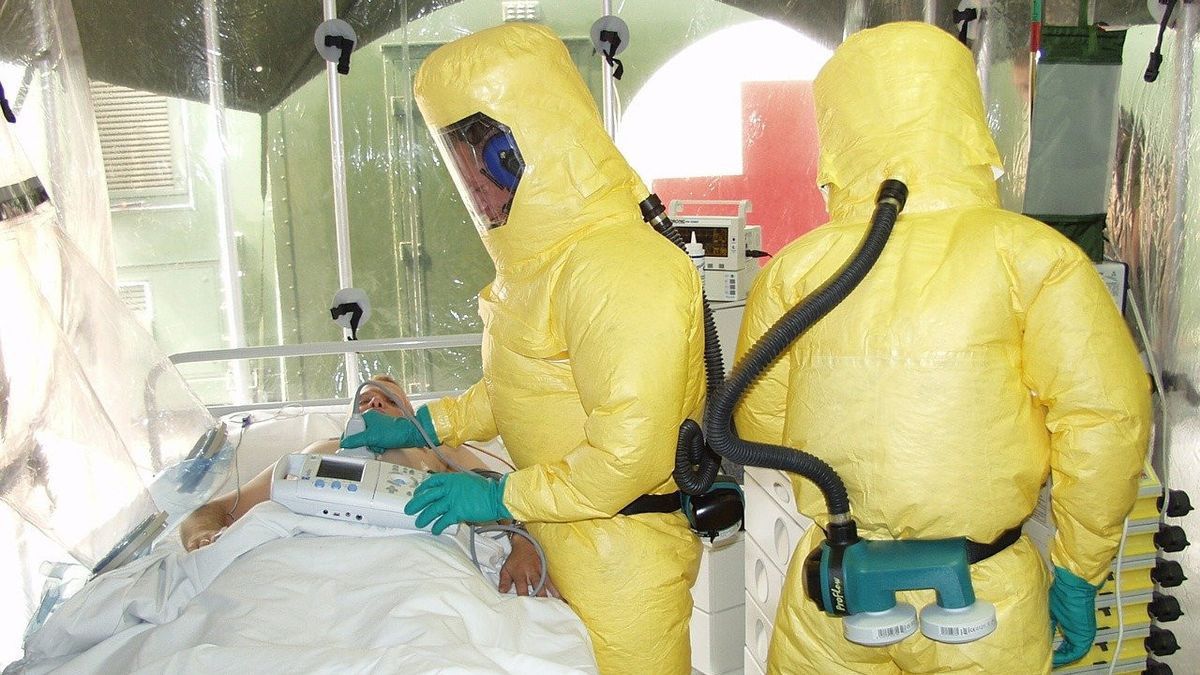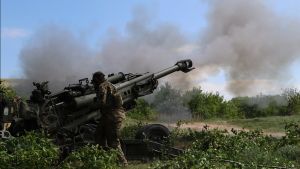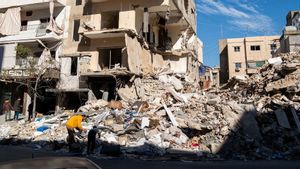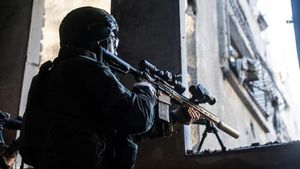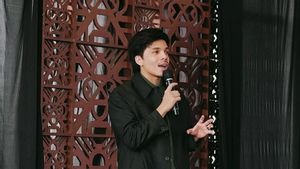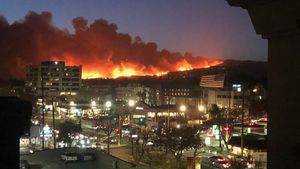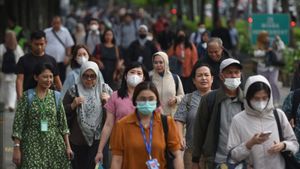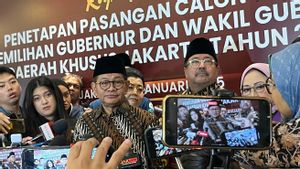JAKARTA - The resistance of the Democratic Republic of Congo to the second largest Ebola outbreak in the world is over. The end of the fight against Eteni, which is also the second deadliest in history, was announced directly by the Minister of Health of the Congo, Eteni Longondo.
Launching CNN, Friday, June 26, Matshidiso Moeti, Regional Director of the World Health Organization (WHO) for Africa, said the announcement was made after no new cases were reported in 42 days since the last victim tested negative. "It's not easy and sometimes it seems like a mission impossible," said Moeti.
About 16,000 medical workers have been fighting for nearly two years against the outbreak of the ten countries, said Moeti. Despite the success of spreading two separate vaccines, the outbreak has claimed more than 2,200 lives.
There is a big obstacle that disrupts the process of handling the outbreak, namely the public's distrust of the medical team. In addition, things got even more chaotic when the conflict in the northeastern province of Kongi continued to flare up.
Congo is known to have faced eleven Ebola since the virus was discovered near the Ebola River in 1976. The country is now turning its attention to fighting COVID-19 and the eleventh Ebola outbreak that is already taking place in Mbandaka, Equateur Province in the west of the country.
Moeti said there are many lessons to be learned from all efforts to deal with Ebola so far. The lesson, according to Moeti, is an important asset in the fight against COVID-19.
"One of the most important lessons is the need (of society) to be involved, to enable people to be knowledgeable, to be empowered to play their role in different ways," said Moeti.
UNICEF alertThe United Nations children's agency, UNICEF, said it "welcomes" the announcement. Still, they warned, the struggle was not over in the Democratic Republic of Congo.
Edouard Beigbeder, UNICEF DRC representative, said a large amount of human and financial resources were being deployed in the eastern region of the country to reach the end of the outbreak. Beigbeder said UNICEF provides water, hygiene services and psychosocial support to children and tells millions of people how to protect themselves from Ebola.
"This valuable lesson helps us in our efforts to tackle the new Ebola outbreak in Equateur Province, while also responding to the ongoing COVID-19 pandemic," said Beigbeder.
Beigbeder also mentioned that the new Ebola and COVID-19 outbreaks show the world the importance of international donors. This is because the funds support a country's health system that is already overburdened with fighting disease and coping with its impact on children and families.
The English, Chinese, Japanese, Arabic, and French versions are automatically generated by the AI. So there may still be inaccuracies in translating, please always see Indonesian as our main language. (system supported by DigitalSiber.id)
